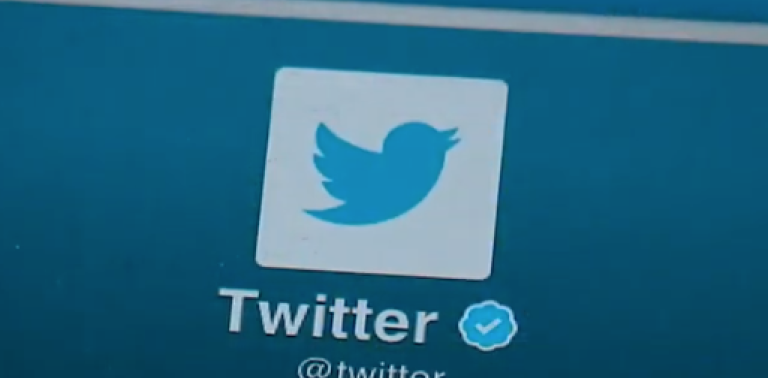Twitter has once again expanded its idea of “hateful conduct.” Wouldn’t it be easier for Twitter to let people know what handful of jokes are still okay in the current year?
Twitter’s company blog announced the platform is expanding its rules against hateful conduct. First posting the policy back on July 9, 2019, Twitter said, “we are further expanding this rule to include language that dehumanizes on the basis of age, disability or disease.”
That could mean, for example, no poking fun at a presidential candidate for being old, potentially senile or mentally unfit for the presidency.

Twitter mentioned it has been consulting with “a global working group of outside experts to help us think about how we should address dehumanizing speech around more complex categories like race, ethnicity and national origin.”
By consulting with this group, Twitter will seek to answer questions such as:
How can – or should – we factor in considerations as to whether a given protected group has been historically marginalized and/or is currently being targeted into our evaluation of severity of harm?
Another question listed was “How do we account for “power dynamics that can come into play across different groups?”
[ads:im:1]
In other words, Twitter appears to be consulting liberal groups to justify potentially using double standards when moderating the platform. Candace Owens for example, was temporarily suspended for tweeting the then-New York Times recent hire Sarah Jeong’s anti-white rant by copying Jeong’s tweets but swapping out the words “white” and “men” for “black,” “Jewish,” and “women.”
Twitter appeared to not like that one bit, and suspended Owens for 12 hours. After public outcry over double standards, Owens’ account was reinstated. Twitter staff, according to a tweet from Owens, claimed that they had “made an error.”
[ads:im:2]









